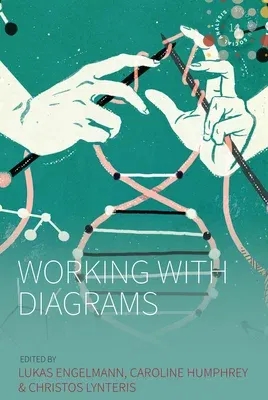Working with DiagramsPaperback, 8 July 2022

Qty
1
Turbo
Ships in 2 - 3 days
In Stock
Free Delivery
Cash on Delivery
15 Days
Free Returns
Secure Checkout

Part of Series
Studies in Social Analysis
Print Length
164 pages
Language
English
Publisher
Berghahn Books
Date Published
8 Jul 2022
ISBN-10
180073560X
ISBN-13
9781800735606
Description
Product Details
Book Format:
Paperback
Country of Origin:
US
Date Published:
8 July 2022
Dimensions:
22.86 x
15.24 x
0.89 cm
ISBN-10:
180073560X
ISBN-13:
9781800735606
Language:
English
Location:
New York, NY
Pages:
164
Publisher:
Series:
Weight:
226.8 gm